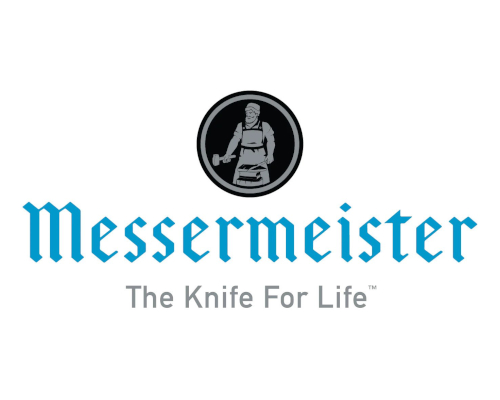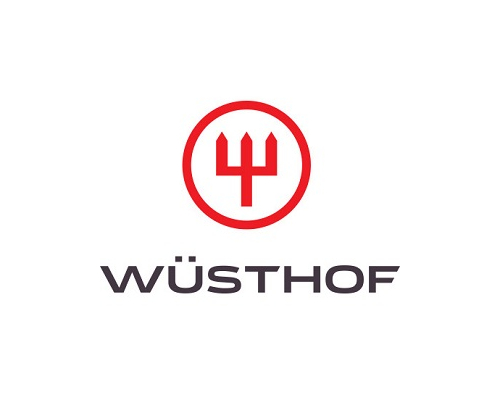BRANDS FROM GERMANY
The history of food knives made in Germany dates back 10s of centuries and is characterized by a legacy of innovation, strength and precision. Here's an outline of the key milestones and developments:
Early Origins:
German knife-making traditions date back to before their history was recorded. After centuries of war with the Roman Empire and infusing Roman forging techniques with their own, what followed is now known as the Germanic Iron Age. By medieval times, blacksmiths were well versed with the forging of quality swords, razors, scissors and food knives. Solingen, located in North Rhine-Westphalia emerged as a prominent center for knife production due to its surrounding natural resources.
Bladesmith Guilds:
In the Middle Ages, Solingen established bladesmith guilds which regulated and maintained high standards of craftsmanship in knife production. These guilds ensured the quality and reputation of German knives setting the foundation for excellence in the industry.
Solingen's Reputation:
Solingen earned the reputation across Europe as "The City of Blades" due to the exceptional quality of its knives and the sheer amount they produced. The city became renowned not only across Europe but also across the world for producing some of the finest knives available on the market.
Industrialization and Technological Advancements:
With the onset of the Industrial Revolution in the 18th and 19th centuries, knife production in Germany underwent significant changes. Advances in technology such as the introduction of water-powered grinding machines and later steam-powered machinery enabled increased production and consistent quality. Solingen's knife manufacturers began using a specific type of steel known as "German steel" or "Solingen steel", which is a combination of carbon steel and other alloying elements.
World War II Rebuilding:
The aftermath of WWII posed challenges for the German knife industry. Many factories were bombed beyond repair and resources became scarce. Ironically for the Allies, this destruction enabled some German knife companies to rebuild their factories with new, precision machinery. This and other rebuilding efforts due to the American aid, Marshall Plan, gave German knifesmiths a competitive edge over countries with outdated and antiquated factories.
Current Era:
German knife manufacturers employ both modern technologies and traditional forging to produce the perfect blade. Innovations include improved handle designs for comfort and grip, the use of high-performance alloys and manufacturing techniques that deliver razor-sharp edges.
Global Recognition and Demand:
German kitchen knives have earned international recognition for their craftsmanship, strength and reliability. Professional chefs, cooking enthusiasts and home cooks alike value German knives for their ability to handle a wide range of culinary tasks, year in year out.Today, German-made kitchen knives continue to be trusted and sought after around the world reflecting the enduring legacy of excellence that defines the German knife-making tradition.




